National brain and spinal injury research centre to open in Cambridge
- Published
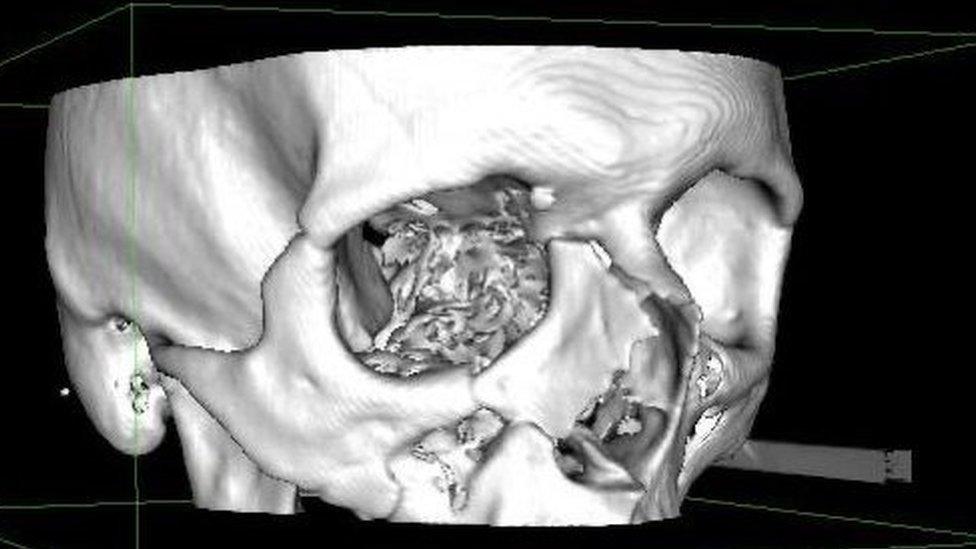
The Cambridge HealthTech Research Centre aims to speed up the development of technology to improve the lives of people who sustain brain and spinal injuries
A new centre will open in April to improve care for people with brain and spinal injuries.
The Cambridge HealthTech Research Centre, based at Addenbrooke's Hospital, external, will develop technology to help both treatment and recovery.
It is one of 14 across England, external working on solutions for different conditions.
Consultant neurosurgeon, Alexis Joannides, said it would use "inventors, medics and patients to drive forward solutions".
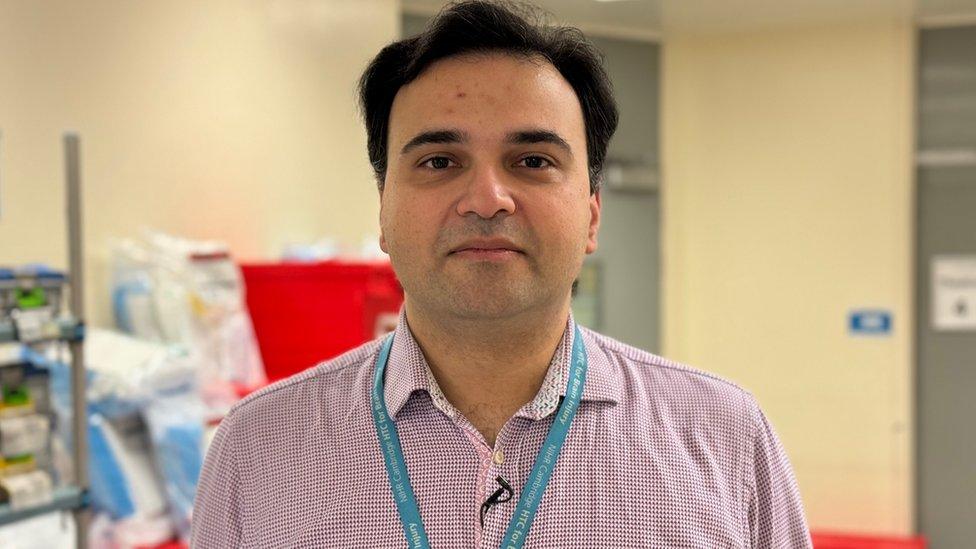
Consultant neurosurgeon Alexis Joannides says the centre builds on his team's decade of experience in supporting new health technology
The centre has been allocated £3m by the National Institute for Health and Care Research, part of almost £42m awarded to establish the new centres to drive research into health technologies.
It will work with businesses to support the development of medical devices, diagnostics and digital technologies.
"We want to test them to make sure they work, they're safe, but also cost effective so they can be taken up by the NHS and hopefully beyond," Mr Joannides, a project lead, said.
Companies like Cambridge-based NeuronGuard Ltd, will be working with the centre.
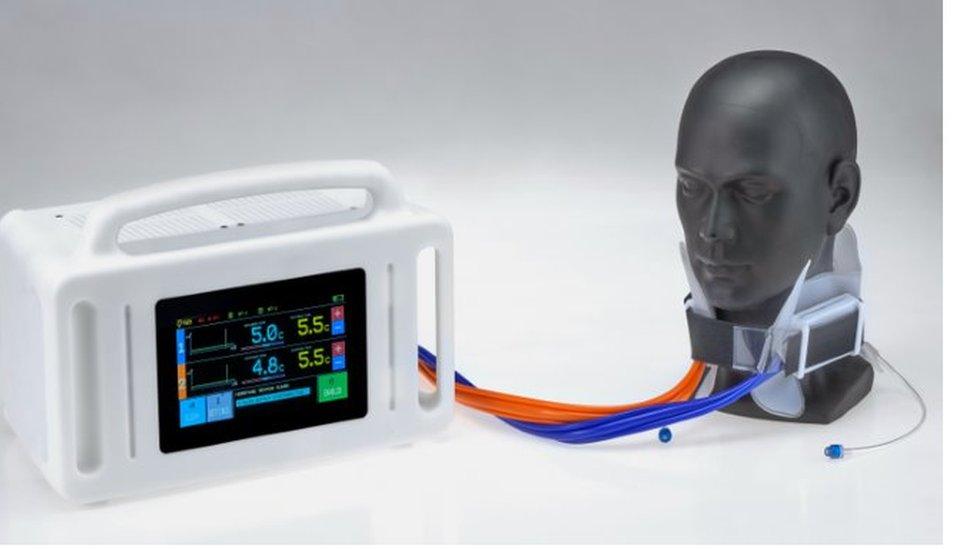
NeuronGuard Ltd is developing a portable device to help control the temperature of brain injury patients
When someone has a stroke, cardiac arrest or trauma, their temperature can rise causing their brain to swell and affecting its ability to function.
Doctors often try to prevent this by lying the patient on a cool electric blanket.
"It is effective," said Andrea Lavinio, a neurocritical care consultant at Addenbrooke's. "But it chills the whole body which can lead to chest infections."
NeuronGuard has developed an alternative which is in early trials - a neck collar which only cools the blood as it enters the brain.
Unlike the existing treatment, it is portable enough to be used at the scene of an accident.
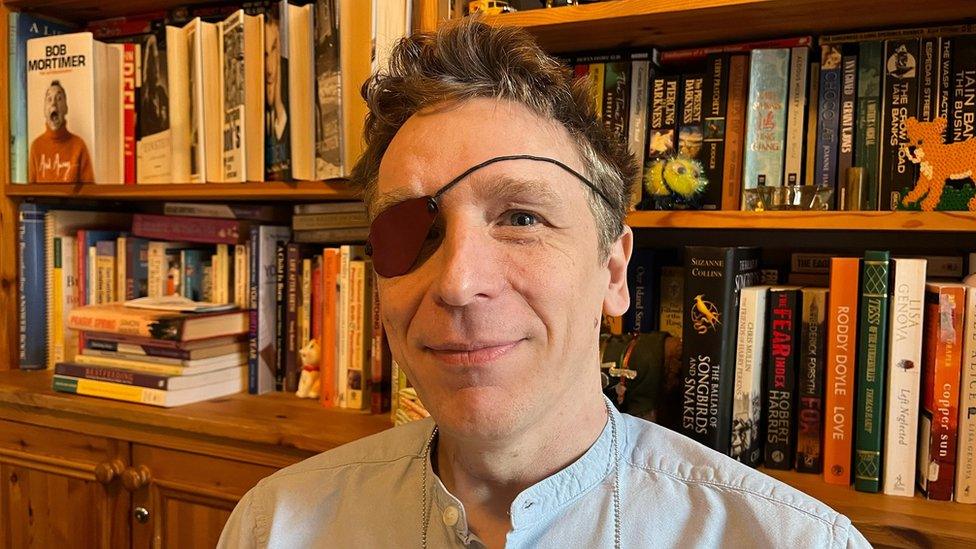
Scientist James Piercy is using his experience as a brain injury patient to help the new HealthTech centre
As a major regional trauma centre, patients from across the eastern region will be helped, but it is hoped that the technologies found by the new centre will eventually be of national benefit.
Scientist James Piercy from Norwich wants spinal and brain injury patients, like him, to share their experiences with researchers.
In 2011 he suffered severe brain trauma when a tyre burst and his car skidded into a tree.
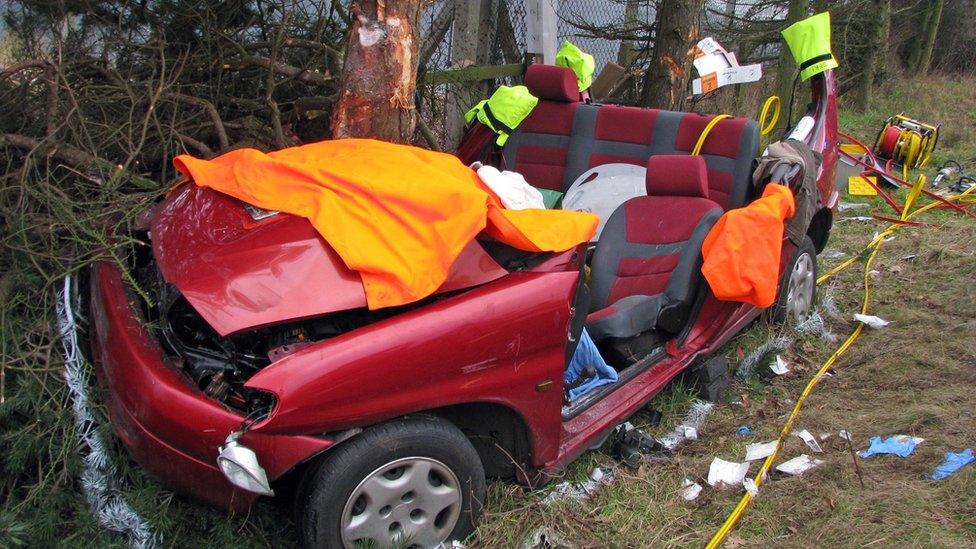
James Piercy was airlifted to Addenbrooke's Hospital with severe brain injuries after this crash in 2011
"Walking was tricky at first because I couldn't sense where my feet were," he said.
"I still wear an eye patch because the damage to my skull crushed a nerve which left me with double vision."
He told the BBC he was pleased to be involved with the project and added: "We don't know what the answers are yet but we know that working together we get better results."

Follow East of England news on Facebook, external, Instagram, external and X, external. Got a story? Email eastofenglandnews@bbc.co.uk or WhatsApp 0800 169 1830
Related topics
- Published2 February 2024
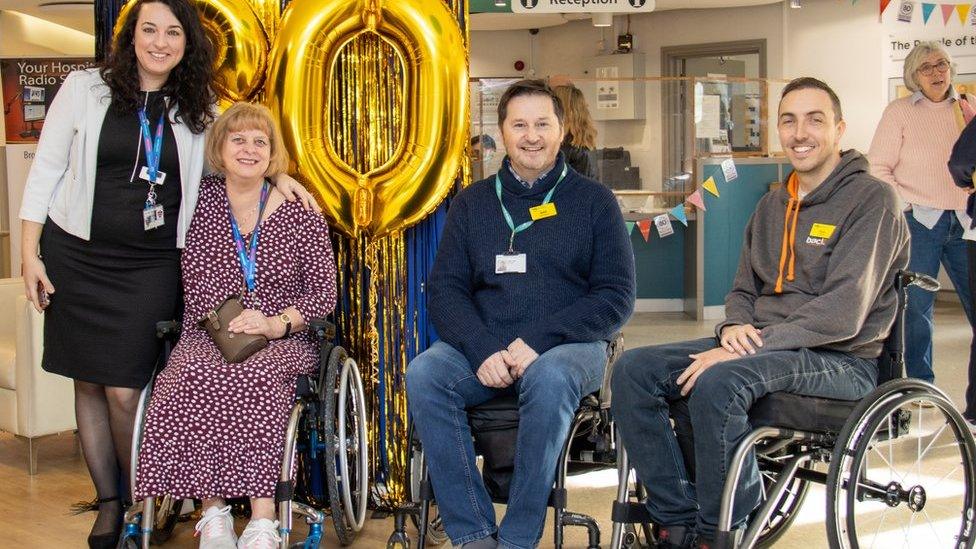
- Published8 January 2024

- Published24 January 2011